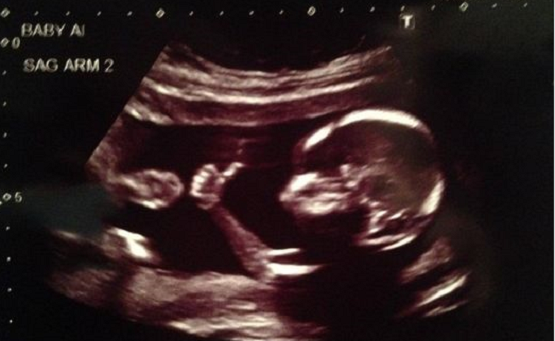The Montana Senate gave initial approval to a bill Thursday to prohibit late-term abortions after 24 weeks of pregnancy.
The Billings Gazette reports Montana Senate Bill 282 passed in a 32-18 vote, split along party lines. A final reading of the bill and vote are scheduled for Friday, the report states.
The bill defines viability at 24 weeks and prohibits abortions after that point, The Ravalli Republic reports. If a woman’s life is in jeopardy after 24 weeks of pregnancy, the bill would require doctors to induce labor or deliver the baby by cesarean section in an attempt to save both mother and child. The legislation would make violations of the law a felony.
Planned Parenthood and the American Civil Liberties Union leaders argued against the bill during the committee hearing earlier this week, claiming it is unconstitutional, according to the report.
Democrats also said they opposed the bill because women should be allowed to decide whether to have an abortion.
“It’s by far the most extreme measure I’ve seen ever proposed in Montana,” state Sen. Diane Sands, a Democrat from Missoula, told the AP.
Here’s more from the report:
The measure’s main proponent, Republican Sen. Albert Olszewski, said scientific and technological advances have increased the viability of fetuses.
“This bill was inspired by a real situation, a situation where a late-term pregnancy put a woman in a life-threatening condition and had to deal with this horrible decision of being told she had to terminate this pregnancy,” said Olszewski, who is also an orthopedic surgeon.
Follow LifeNews.com on Instagram for pro-life pictures and the latest pro-life news.
He said for instances in which the mother’s life is at risk, that he’s “proposing two methods of terminating a pregnancy — and both would produce a live birth and it’s safe for the mother.”
Quite a few states have similar laws in place that prohibit abortions after viability, the point at which the U.S. Supreme Court agreed that states have an interest in protecting the life of the unborn child.
In the Planned Parenthood v. Casey decision in 1992, the U.S. Supreme Court stated that “viability…is the time at which there is a realistic possibility of maintaining and nourishing a life outside the womb, so that the existence of the second life can, in reason and all fairness, be the object of state protection that now overrides the rights of the woman.” The high court went further to say that “a woman who fails to act before viability has consented to the state’s intervention on behalf of the developing child.”
In the Carhart v. Gonzalez decision of 2007 that upheld state bans on partial-birth abortion, the Supreme Court acknowledged that its previous precedents had “undervalued the state’s interest in potential life.” The court flatly stated that laws restricting late-term abortions would be constitutional so long as they did not subject women to “significant health risks.”
Currently, 16 states prohibit abortions after 20 weeks, based on strong scientific evidence that unborn babies at this stage can feel pain, as well as advancing medical technology that is pushing back the point of viability.
Unlike the majority of states, Montana currently has few abortion regulations. According to the Guttmacher Institute, Montana does not require parental consent for minors before an abortion, and allows taxpayer-funded abortions through Medicaid. The state also has a Supreme Court that erroneously interpreted the state constitution as conferring a right to abortion.








